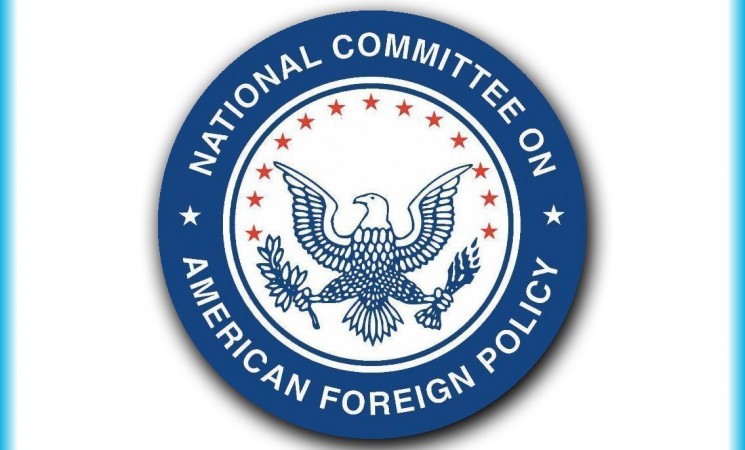Click here to read our recent AFPI article from Professor Gerald L. Curtis.
Gerald L. Curtis is Burgess Professor of Political Science at Columbia University and concurrently Distinguished Research Fellow at the Tokyo Foundation. He served as Director of Columbia's Weatherhead East Asian Institute for a total of twelve years between 1974 and 1990. Professor Curtis is the author of The Logic of Japanese Politics, The Japanese Way of Politics, Election Campaigning Japanese Style, Seiji to Sanma - Nihon to Kurashite 45 nen (Politics and Saury: 45 Years Living with Japan) and numerous other books and articles written in both English and Japanese and translated into Chinese, Korean, Thai and other languages. Professor Curtis has held appointments at the Royal Institute of International Affairs, Chatham House, London; the College de France, Paris; the Lee Kwan Yew School of Public Policy in Singapore; and in Tokyo at Keio, Waseda, and Tokyo Universities, the Graduate Research Institute for Policy Studies, and the International Institute of Economic Studies. He is a member of the Board of Directors of the Japan Society of New York, the Japan Center for International Exchange USA, and is a member of the the Council on Foreign Relations.
Editor's Note: This year marks the 70th anniversary of the end of World War II, and the occasion falls as Prime Minister Shinzo Abe seeks to expand Japan’s security and defense posture. In light of the executions of Japanese citizens in the Middle East, all eyes have been on Abe and his activist foreign policy. The U.S.–Japan alliance is healthy and the two allies are in the final stages of revising the guidelines for defense cooperation. However, Japan’s relations with China and South Korea have been strained as a result of disputes over Japan’s role in World War II and territorial claims. Recently, the Forum on Asia-Pacific Security (FAPS) at the NCAFP started a U.S.–China–Japan trilateral dialogue to ease tensions between China and Japan while managing the alliance with Japan and maintaining stable relations with China in a complex political environment. The most recent conference emphasized the most important challenge for the major powers in the Asia-Pacific—to contain the downward trend
toward strategic rivalry and to start developing a stable and cooperative relationship. We reprint Professor Gerald L. Curtis’ article from a 2014 CSCAP report ‘‘Regional Security Outlook 2015’’ because of its important contribution in understanding Japan’s shift in foreign policy.

